A funnel, to quote the Cambridge English Dictionary, is an object that has a wide opening at the top, sloping sides, and a narrow tube at the bottom, and is used for pouring liquids or powders into containers with narrow necks. A sales funnel works in the same way as a physical funnel, but prospective customers take the place of the liquid, and your business is the container with a narrow neck that you’re guiding them into. Each stage of the funnel takes the buyer one step closer to making a purchase. A well-planned sales funnel will define your business’s actions to get prospects to the next stage and closer to closing the deal.
While a sales funnel is the visual representation of the customer journey, depicting the sales process from awareness to action, a CRM funnel is a process for tracking and communicating with current and potential customers. It enables you to track sales history, conversations, promotions, and other elements of the customer relationship.
The four stages of the sales or CRM funnel are awareness, evaluation, purchase, and delight. Each stage serves a specific purpose in the customer’s journey, from a potential customer’s first interaction with your business, to engagement and awareness, and through to purchase.
The sales funnel has been created to help you take clients through each stage, filtering out those who don’t currently need your product or service. There will be significantly fewer leads when you get to the final stage than you started with, but they will be good quality leads, which your sales team has much more chance of selling to, than a large, lucky dip-type selection.
If that all sounds great, but you’re not sure how you’d be able to make the most of it, a Salesforce CRM platform that helps your sales and marketing teams optimise the sales funnel could be the solution. Here’s why…
The Stages of a Sales Funnel
The stages of a sales funnel mean that your marketing department will be more involved at the start of the process – creating awareness and consideration – and your sales team will be involved at the end, in the decision and conversion stages.
A CRM platform that consolidates every customer interaction with both the sales and marketing teams into one place can be a game changer. Integrating this information and enabling everyone to see it, opens up a communication channel between the teams, so they can provide an excellent, well informed service to customers.
For example, at a glance, your marketing teams can see which products or services customers have bought in the past, and can then promote something that will update or enhance what they already have. And your sales team can identify which marketing pitches customers have received and expressed an interest in, so they can contact them with a view to upselling.
How Salesforce Aids the Sales Funnel
Salesforce’s CRM software has a very fancy tool that racks up prospect points, highlighting how interested a customer is in a particular product or service.
The way it works, every time the customer clicks on a link, downloads a whitepaper or requests a demonstration, the software allocates them points. Your sales team can then use this information to approach the customer, secure in the knowledge they have a genuine interest in learning more about the product or service.
Salesforce’s design allows you to track engagement at each stage of the sales funnel. Using this information, you can take a more strategic approach to your sales and marketing campaigns.
Salesforce Tools
Salesforce has a wide range of tools available, from Marketing Cloud email automation to Mobile Studio. By subscribing to these, you can gather data from different marketing channels and see which of those channels benefits your customers most at the various stages of the sales funnel.
Thanks to these tools, the data is accessible to all and easy to understand. Salesforce also provides hints and tips for your support teams on how to make the most of the data so that it works for your business.
Salesforce offers software that identifies when a prospect has paused at a particular stage of the process for some time. It will notify your company so that a member of the sales team can contact them to help overcome any obstacle to the purchase, or a marketing agency can get in touch to re-engage them in the product or service.
Build a Customer Profile
Each company’s sales funnel, or customer journey will be different. It needs to say something to them, not be a blanket formula that you wheel out for each potential customer.
It’s therefore important that you invest time in building a profile of your customers, assessing their needs and working out the best ways to engage with them at every stage of the sales funnel, from awareness to interest, decision and conversion.
Salesforce can then create a bespoke funnel with the aim of converting prospects at each stage of the sales funnel.
How C24 Can Help
Are you looking to boost your sales and bring in high-quality leads? Our team has a proven track record of success in helping businesses just like yours. Don’t miss out on this opportunity to take your sales to the next level. Call us now to learn more about how we can help you achieve your goals.

